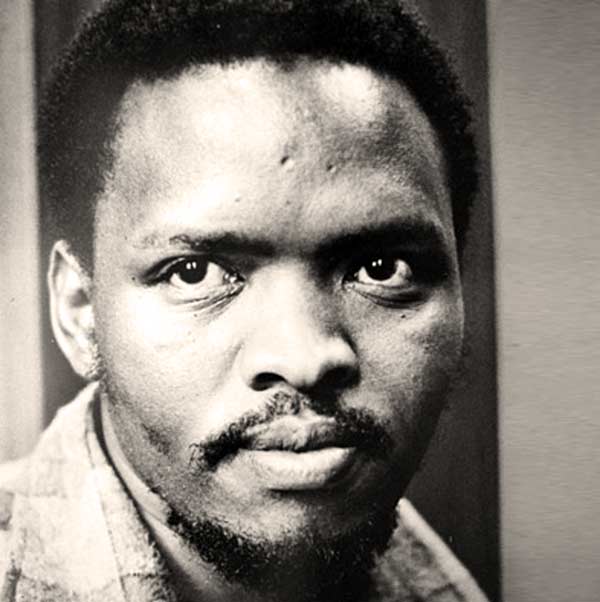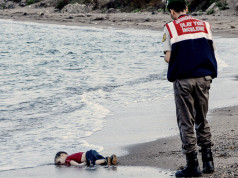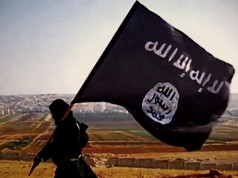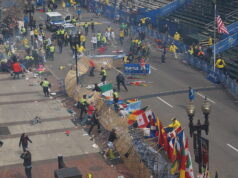South African History Online / Wikimedia Commons / CC-BY-SA-3.0 / GFDL
1 – South African Activist Steve Biko Dies in Police Custody
Steve Biko was an anti-apartheid activist in South Africa in the 1960s and 1970s. In spite of government repression, Biko played a significant role in organizing the protests that culminated in the Soweto Uprising of 1976.
In the aftermath of the uprising, the authorities began to target Biko further, leading to his arrest on August 18, 1977. He was arrested at a police roadblock and interrogated at the Walmer Police Station, Port Elizabeth.
This led to a 22-hour interrogation, which included torture and beatings, sending Biko into a coma.
On 11 September 1977, police loaded him into the back of a Land Rover, naked and manacled, for a 1,100-kilometre drive to Pretoria.
He died shortly after he arrived at the prison on September 12. Police said his death was the result of a hunger strike, but an autopsy revealed that he had succumbed to a brain hemorrhage from massive head injuries.
Donald Woods, who had photographed his injuries in the morgue, was later forced to flee South Africa for England.
He campaigned against apartheid and wrote a book about Biko, which was later made into the film Cry Freedom.
An inquest found there was not enough evidence to charge the officers with murder, as there were no eyewitnesses.
In 1979, the South African government agreed to pay Biko’s family R65,000 ($78,000) in compensation.
Following the end of Apartheid, the Truth and Reconciliation Commission reported that five former members of the South African security forces had admitted to killing Biko.
In 2003, the South African justice ministry announced that the five policemen accused of killing Biko would not be prosecuted because the statute of limitations had elapsed and there was not enough evidence.
2 – Hamida Djandoubi is the Last Person to be Executed by Guillotine in France
Hamida Djandoubi was a Tunisian-born agricultural worker who moved to Marseille, France, in 1968.
Six years later he kidnapped, tortured and murdered 22-year-old Élisabeth Bousquet, his former girlfriend.
He was sentenced to death in February 1977 and was executed by guillotine on September 10.
He was the last person to be executed in Western Europe and the last person executed by beheading in the Western world.
3 – Pakistan’s Army, Led by Gen Mohammad Zia ul-Haq, Seizes Power
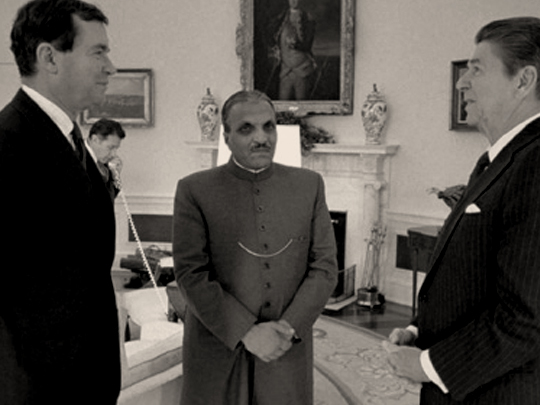
Ronald Reagan Presidential Library / Wikimedia Commons / CC-BY-SA-3.0 / GFDL
Operation Fair Play was the code name for the coup by Pakistan Chief of Army Staff General Muhammad Zia-ul-Haq, overthrowing the government of Prime Minister Zulfikar Ali Bhutto, on July 5, 1977.
The coup itself was bloodless and was preceded by social unrest and political conflict between the ruling leftist government, and the right-wing Islamist opposition, which accused Bhutto of rigging the 1977 general elections.
Following the coup, Zia promised free and fair elections within 90 days. However, these were repeatedly postponed on the excuse of accountability. It was not until 1985 that general elections were held.
The coup was a watershed event in the Cold War and in the history of the country. The coup took place nearly six years after the war with India which ended with the secession of East Pakistan as Bangladesh.
The years following the coup saw a perceived Islamisation of the country and Pakistan’s involvement with the Afghan mujahideen in the war against the Soviets in Afghanistan.
4 – Lynyrd Skynyrd’s Plane Crashes
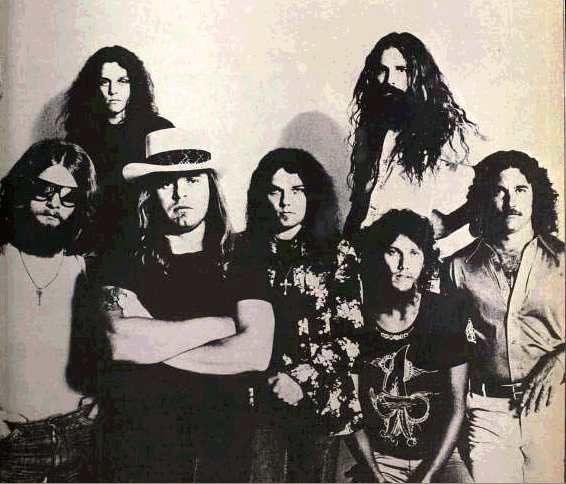
Lynyrd Skynyrd are an American rock band who gained worldwide recognition for their live performances, and the hit songs “Sweet Home Alabama” and “Free Bird”.
On October 20, 1977, a plane chartered by the band ran out of fuel and crashed in Gillsburg, Mississippi, near the end of its flight from Greenville, South Carolina, to Baton Rouge, Louisiana.
Lead vocalist/founding member Ronnie Van Zant, guitarist/vocalist Steve Gaines, backing vocalist Cassie Gaines (Steve’s sister), assistant road manager Dean Kilpatrick, pilot, and co-pilot all died as a result of the crash.
The surviving band members reformed in 1987 for a reunion tour.
Lynyrd Skynyrd was inducted into the Rock and Roll Hall of Fame in 2006.
5 – Herbert Kappler, Head of Nazi Police in Rome During WWII, Escapes From Prison Hospital
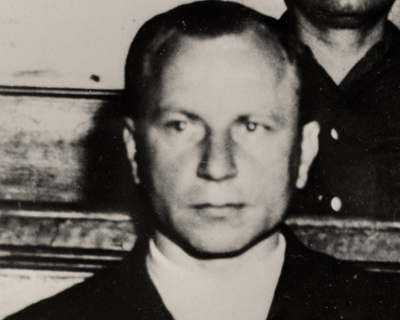
Herbert Kappler was the head of German police and security services in Rome during the Second World War.
Kappler was responsible for the Ardeatine massacre, where 335 Italian prisoners were killed. After the War, he was arrested and sentenced to life imprisonment in Rome.
By 1975, aged 68, Kappler was diagnosed with terminal cancer and was moved to a military hospital in Rome in 1976.
Appeals for release by his wife, Anneliese, and the West German government were denied by Italian authorities.
Due to Kappler’s condition and his wife’s nursing skills, she was allowed almost unlimited access to him in the hospital.
On a prison visit in August 1977, Anneliese carried Herbert out in a large suitcase. Kappler weighed about 47 kg at the time, and escaped to West Germany, assisted by apparently unwitting carabinieri.
The Italians unsuccessfully demanded that Kappler be returned, but the West Germany authorities refused to extradite him and did not prosecute Kappler for any further war crimes, reportedly due to his ill-health.
Six months after his escape, Kappler died at his home in Soltau, Germany, on February 9, 1978, aged 70.


